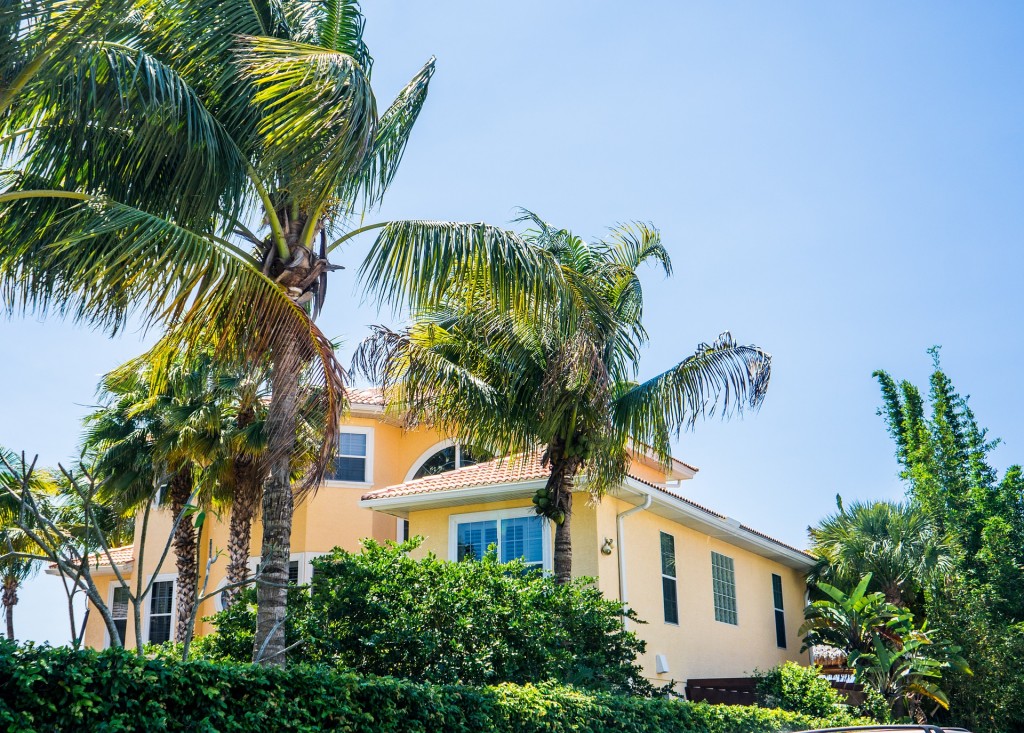Thinking about buying a second home? Does the lure of owning a Florida have you planning your vacation around looking at beachfront bungalows, condos, or potential rental properties? If you’ve ever considered making your vacation plans a permanent fixture in your, you should consider buying a second home in Florida. Here are some tips on how to approach the process and make the decisions with which you’ll be faced.
- Why buy a second home? If you’re thinking of buying a rental property, your motivation is income and appreciation. If you’re thinking of buying a vacation property, your motivation will revolve around the fun you and your family can have now and in the future. You can combine your motivations and purchase property that will vacillates between a rental property and your family’s vacation hideaway. Be sure to evaluate how much time you’ll spend in your new home away from home and whether you’ll want to keep returning time after time.
- Go in with your eyes open. A second home comes with initial closing expenses similar to those you had to pay when closing on your primary residence as well as ongoing expenses. Be sure you know what all your acquisition costs will be and get a good feel for what it will cost on a monthly basis before pulling the trigger. Don’t make the mistake of underestimating what the real cost of owning and maintaining a second home will be. Florida’s Homestead Exemption reduces property taxes on primary residences, but not second homes. Know what your taxes will be and be sure to consult with an accountant to determine how owning a second home will affect your income taxes.
- Location, location, location. You’ve heard it before, but when it comes to buying a second home, whether it’s for income or fun, location really is the key. You already own your first home, so when you’re looking for your second you can take your time, relax and wait
until the right location comes along. Don’t be in a hurry; the pressure is off. You still want your new home to appreciate, so consider buying in popular areas, perhaps near the beach, a lake or a waterway. - Choose a professional Realtor®. We can’t stress this strongly enough. You need a Realtor® who will listen and understand what your priorities are, the budget within which you need to work and someone who has established professional relationships with the people you’ll be working with. (i.e. appraisers, lenders, insurance brokers, etc.) You also want a Realtor® who knows the area, its neighborhoods, their weak and strong points, and where the market is moving.
- Insurance. Before you buy, make sure you’re able to purchase the insurance you need, especially if you’re thinking of a home near the water. If you take out a mortgage, title insurance will likely be required. You may also want to consider liability insurance if you will be renting your second home.
- Find a lender. Keep in mind that not all lenders are alike, and some have different rules when it comes to mortgaging second homes. Rates are still low and the rate you end up paying for a mortgage on your second home should be about the same as what you pay for your primary residence. However, some lenders may charge an additional one-half to full-point fee for loans on investment properties. You may want to consider using the equity in your first home through a refinance or a home equity line of credit for a down payment if you don’t have the cash readily available.
- Revisit why you’re buying that second property. If it’s for income, your path is clear. You’ll become a landlord, which comes with all its rights and responsibilities. Is that something you really want to be? If it’s a vacation home, how much time do you really think you’ll spend there? Be honest with yourself when asking these important questions, or they’ll come back to haunt you later.
- Make an offer. Great homes aren’t sitting on the market a terribly long time but that doesn’t mean it’s a Seller’s market either, there are still great deals to be had. When you make an offer, make the strongest one you can. Your Realtor will be able to advise you what constitutes a strong offer while still leaving some wiggle room if negotiations are necessary. And remember this isn’t a zero sum situation, you don’t need a second home immediately so if negotiations don’t go the way you’d hope make peace with walking away.
Editor’s note: This post was originally published in December 2011. It has since been updated with the latest information and edited for comprehensiveness.

Leave a Reply